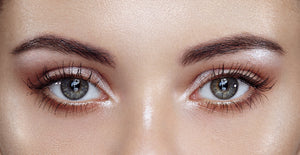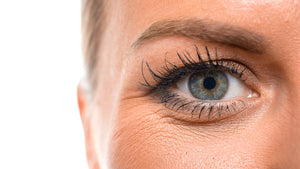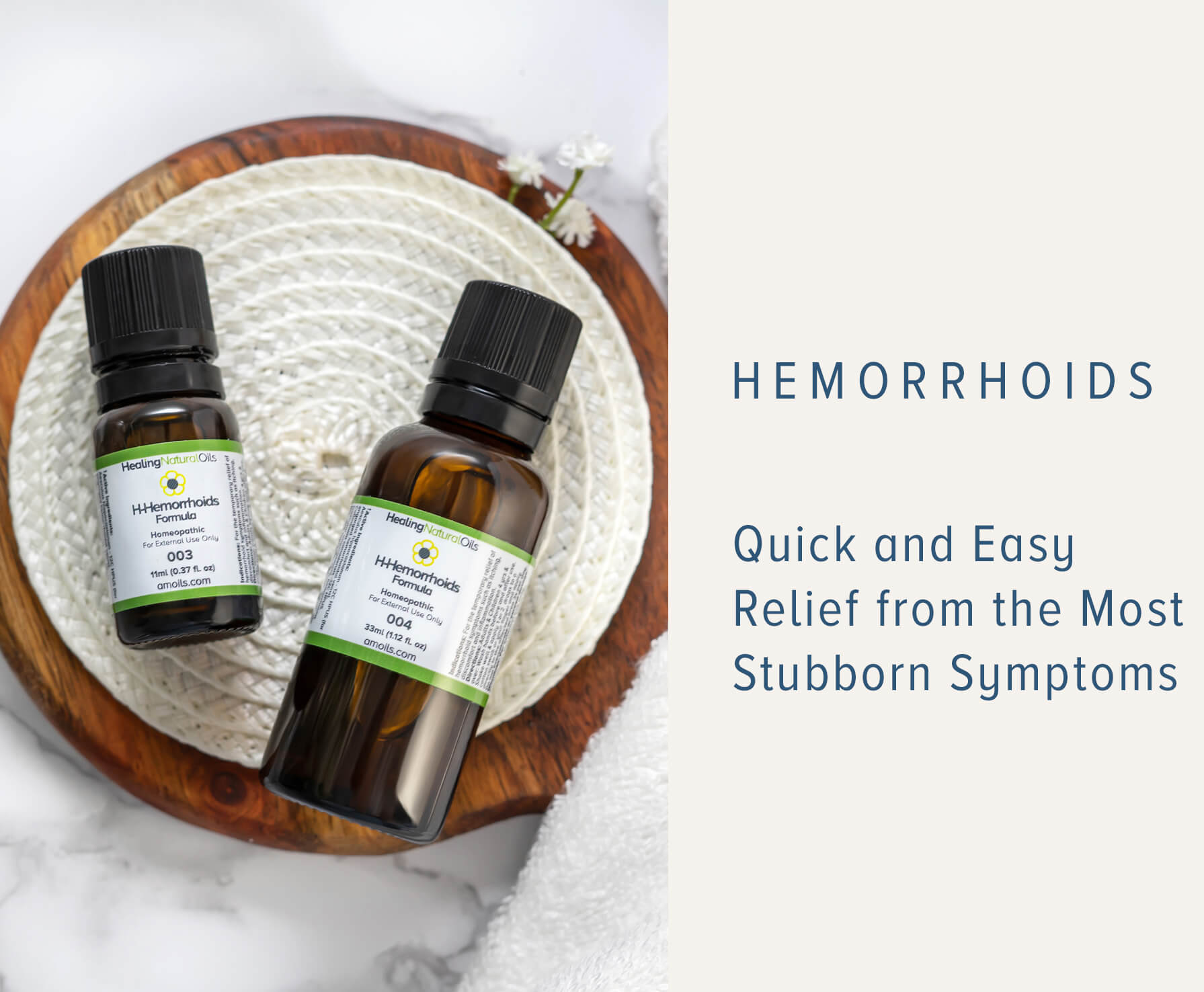100% Natural
90 Day Guarantee
Manufactured in USA

1m products sold
Our Blog
-

Did You Know That We All Have Eyelash Mites?
-

Say Goodbye to Stretch Marks and Cellulite
-

How to Keep Those Nails Clean Whatever the Chore!
-

Top Tips on How to Treat the Symptoms of Hay Fever
-

Unlocking the Secrets of Psoriasis Care
-

Is Nail Biting a Problem for Your Child?
-

Top Natural Solution for Eye Wrinkles
-

These Scandinavian Sleep Suggestions for a Restful Night
- Choosing a selection results in a full page refresh.
- Press the space key then arrow keys to make a selection.


















